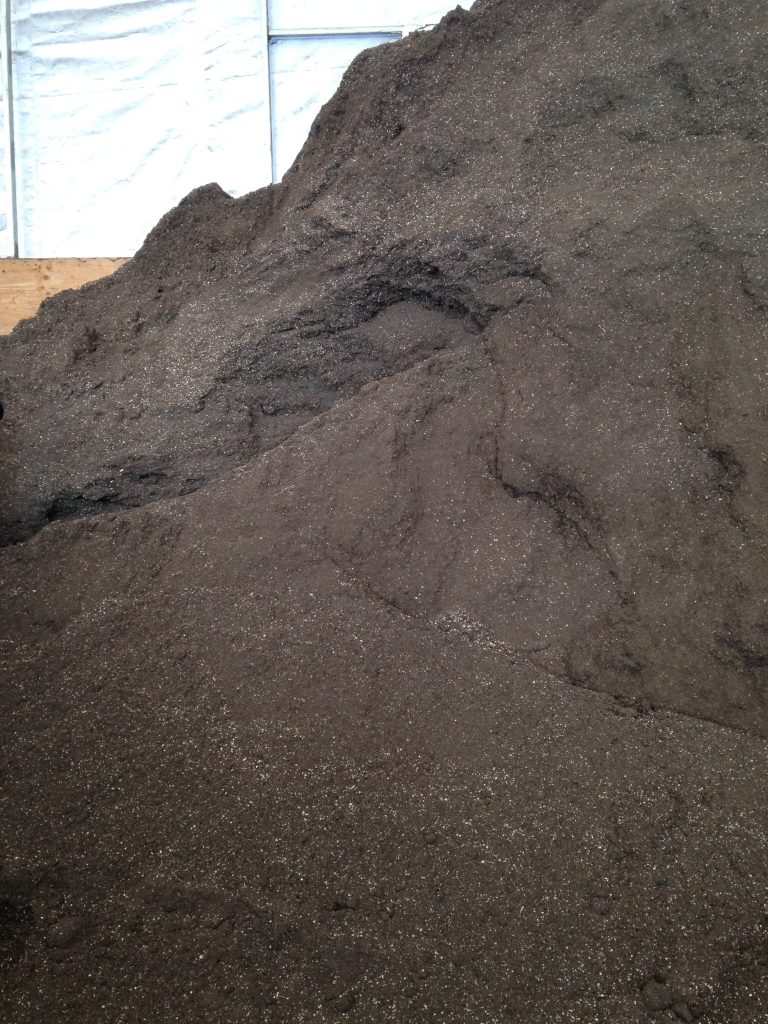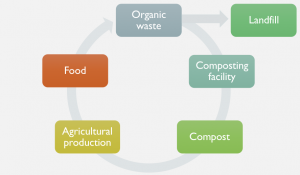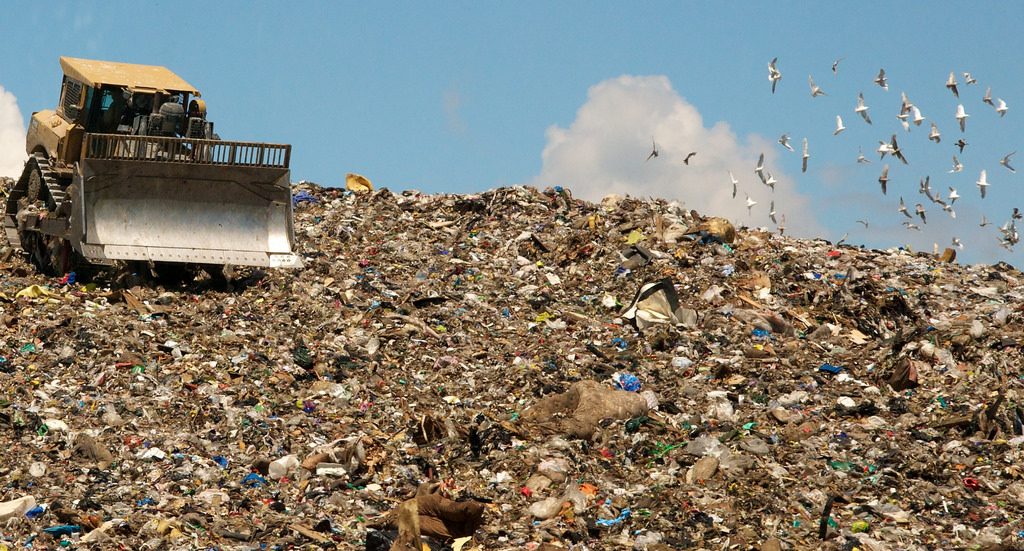Why should you care about compost?

The process of composting turns organic waste into a value-added, nutrient rich product. Diverting organic waste from the waste stream reduces pressure on landfill systems. Compost can be used as a soil amendment to improve physical, chemical and biological soil properties for uses such as food production or landscaping. Compost is a valuable fertilizer for food production, used both at home in your garden or at major farms in your region.

Landfills
Diverting organic waste from the landfill not only contributes to the production of compost, but it helps to reduce the volume and mass of landfill inputs. There are over 10,000 landfills in Canada alone (Recycling Council of British Columbia).

Keeping organic waste out of the landfill also reduces the impact of solid waste on the environment. Decomposing organic waste produces less greenhouse gas emissions in a compost processing facility compared to a landfill, lessening the impact on air quality and climate change. Slowing demand for landfill space reduces the need to expand landfills or open new landfill spaces. Landfills require space that could have other land uses, produce odours that impact communities, and require long-term legacy management to ensure hazardous contaminants do not escape into the surrounding environment, such as ground water. Metro Vancouver banned organic waste from landfills in 2015, in an effort to reduce the effects discussed above.
Compost as a soil amendment
Compost is a soil amendment that can provide a substitute for inorganic fertilizers. Inorganic fertilizers are produced using finite resources, such as fossil fuels and mining products. Improving the quality of organic waste can provide more options to food producers, reducing reliance on inorganic fertilizers. In 2001, over 60% of British Columbia’s farms applied fertilizer, and purchased nearly 60,000 tonnes of fertilizer (Nitrogen, Phosphate, and Potash, Statistics Canada, 2001 Farm Environmental Management Survey). Municipal organic waste compost adds valuable organic matter and nutrients to your soil. Organic matter increases the soil’s capability of accepting, holding, and releasing water, nutrients, and air for crops. Nitrogen, an important nutrient for crop production, is provided as the compost material continues to break down and decompose – providing a slow release for continued growth.